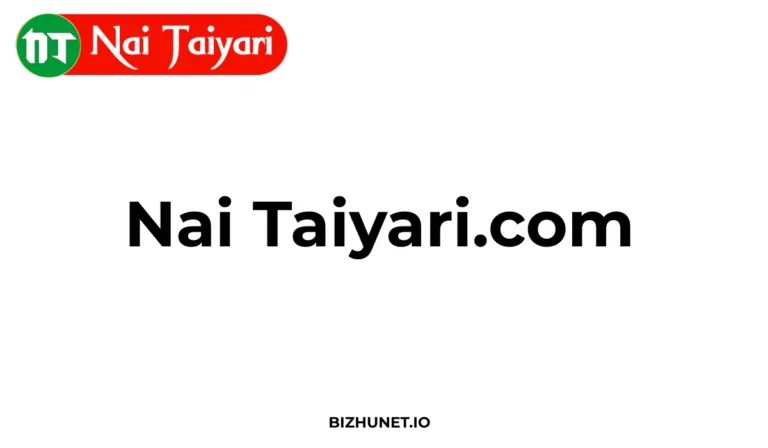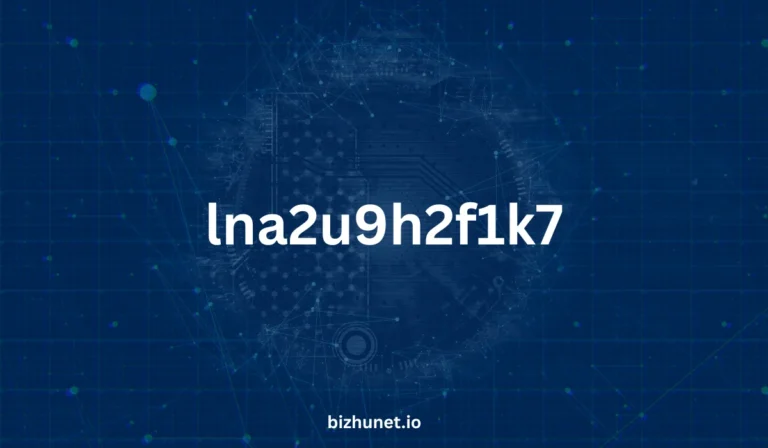Thejavasea.me Leaks AIO-TLP: Deep Dive into Data Exposure
In the digital era, data has become one of the most valuable assets—and also one of the most vulnerable. A recent case that has shaken cybersecurity circles is Thejavasea.me leaks AIO-TLP, an alarming instance of sensitive data exposure. This incident has gained widespread attention in 2025, raising questions about data privacy, cyber risks, and the dark side of online information sharing.
This article explores what thejavasea.me leaks aio-tlp means, why it is trending, its potential risks, and how you can safeguard yourself in an age of growing digital threats.
Understanding thejavasea.me Leaks AIO-TLP
The phrase thejavasea.me leaks aio-tlp describes a series of data leaks hosted on the platform thejavasea.me. This site, often cited in online forums, has been known for sharing insider information, breach-related files, and cybersecurity intelligence. Unlike conventional websites, it operates in semi-private spaces, attracting cybersecurity experts, hackers, and data traders alike.
The term AIO-TLP stands for All-In-One Threat Level Protocol, which packages leaked files into a single resource while marking their sensitivity based on TLP (Traffic Light Protocol) categories:
- Red: Highly sensitive and restricted data
- Amber: Internal or confidential materials
- Green/White: Lower sensitivity or publicly shareable content
When bundled together, these files form an AIO-TLP leak, consolidating multiple types of sensitive information into one accessible package.
What Data is Found in thejavasea.me Leaks AIO-TLP?
Reports from digital security communities and forums suggest that thejavasea.me leaks aio-tlp involve a broad mix of data types. The leaked bundles include:
| Data Type | Details | Impact |
|---|---|---|
| User Credentials | Email IDs, usernames, hashed passwords | Identity theft and credential stuffing |
| API Keys and Tokens | Access keys for online platforms | Unauthorized access and service abuse |
| Internal Communications | Corporate and government emails | Exposure of private plans and data |
| Source Code Fragments | Proprietary or sensitive coding files | Reveals system flaws to hackers |
| Security Logs | Intrusion detection and threat records | Helps attackers bypass defenses |
The comprehensive nature of these leaks makes them particularly dangerous. They provide both the tools and insights that cybercriminals need to compromise systems.
Read more: Carolin bacic
Why Is thejavasea.me Leaks AIO-TLP Trending in 2025?

Several factors explain the rising buzz around thejavasea.me leaks aio-tlp:
1. Scale of Exposure:
The leak reportedly spans millions of records across different platforms. It is not limited to individuals but also impacts businesses and government-linked databases.
2. Anonymity of Sources:
Thejavasea.me operates under hidden ownership, with anonymous contributors posting data. This makes tracing accountability impossible.
3. Risk of Exploitation:
With credentials, keys, and logs exposed, cybercriminals can engage in phishing attacks, system intrusions, or even ransomware campaigns.
4. Lack of Disclosure:
No official statements have confirmed specific victims, fueling speculation and deepening public concern about who might be affected.
The Dangers Linked to thejavasea.me Leaks AIO-TLP
The risks tied to thejavasea.me leaks aio-tlp are both immediate and long-term. For individuals, leaked credentials mean direct threats of identity theft, financial fraud, and spam attacks. For businesses, compromised internal files can result in intellectual property theft or corporate sabotage.
The exposed security logs and API keys create a unique risk: hackers can study these details to reverse-engineer defenses, develop attack strategies, and exploit weak endpoints. This leak essentially arms malicious actors with intelligence that should never be public.
Protecting Yourself After thejavasea.me Leaks AIO-TLP
If you suspect that your data may be exposed in thejavasea.me leaks aio-tlp, you can take steps to mitigate harm:
- Change Passwords Regularly: Use strong, unique passwords for every account.
- Enable Two-Factor Authentication (2FA): Add an extra layer of security to your logins.
- Monitor Financial and Online Accounts: Check for unusual activity or login attempts.
- Rotate API Keys and Tokens: Developers or companies should revoke and reissue access credentials.
- Conduct Security Audits: Businesses should review logs, permissions, and user access.
Taking these actions immediately can prevent further exploitation and limit the damage caused by leaked data.
Legal and Ethical Dimensions of AIO-TLP Leaks
The legal implications of thejavasea.me leaks aio-tlp are serious. Accessing or redistributing leaked data often violates privacy laws such as GDPR in Europe and CCPA in California. Regulatory bodies can impose fines, and affected parties may pursue legal action.
From an ethical standpoint, engaging with this data is harmful. Every download or share contributes to prolonging its reach and deepening the negative consequences for victims. Responsible internet behavior is critical to curbing the impact of such leaks.
Read more: Make1m-com luxury
The Bigger Picture: Data Leaks in 2025
The case of thejavasea.me leaks aio-tlp highlights a larger issue in 2025: the growing prevalence of semi-private leak platforms that bypass traditional oversight. Unlike widely reported breaches, leaks shared on niche sites can remain unnoticed by the general public for weeks or even months.
This creates two dangers: victims remain unaware their data has been compromised, and criminals gain a head start in exploiting the breach. As cybersecurity evolves, proactive detection and faster public reporting are becoming essential.
| Aspect | Details |
|---|---|
| Year of Incident | 2025 |
| Platform | thejavasea.me |
| Data Classification | AIO-TLP (Red, Amber, Green) |
| Main Risks | Identity theft, fraud, system breaches |
| Best Defense | Password updates, 2FA, audits, staff training |
Frequently Asked Questions (FAQs)
What is thejavasea.me leaks aio-tlp?
It refers to leaked data bundles on thejavasea.me classified under the All-In-One Threat Level Protocol, often containing sensitive files.
Who is most affected by this leak?
Individuals, corporations, and even government-linked entities may be impacted due to credential and system data exposure.
Is the leak verified by cybersecurity authorities?
While widely discussed in forums, official verification remains limited due to the anonymity of its sources.
How can I stay protected?
Use strong passwords, enable 2FA, monitor accounts closely, and avoid interacting with suspicious files from such leaks.
Conclusion
The thejavasea.me leaks aio-tlp underline the urgent need for better cybersecurity awareness and stronger defenses in 2025. With millions of records exposed and sensitive files circulating, this leak is a stark reminder that no digital data is ever fully safe.
For individuals, it is a call to practice better online hygiene. For organizations, it emphasizes the importance of audits, encryption, and response strategies. As these threats grow, staying informed and proactive is the best way to defend against the risks hidden in the shadows of the internet.






